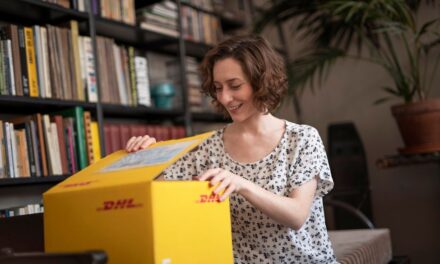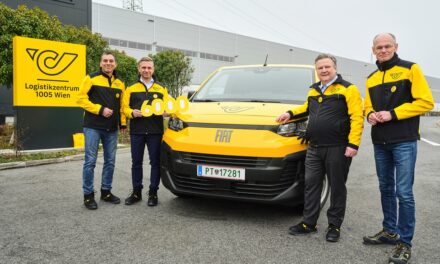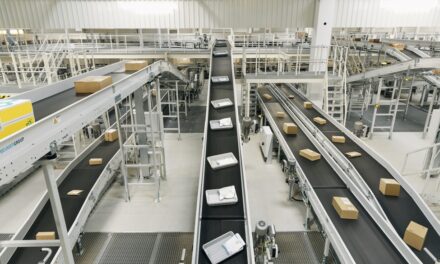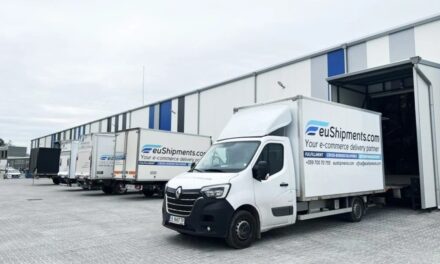
TU Graz “doing pioneering work in logistics technology”
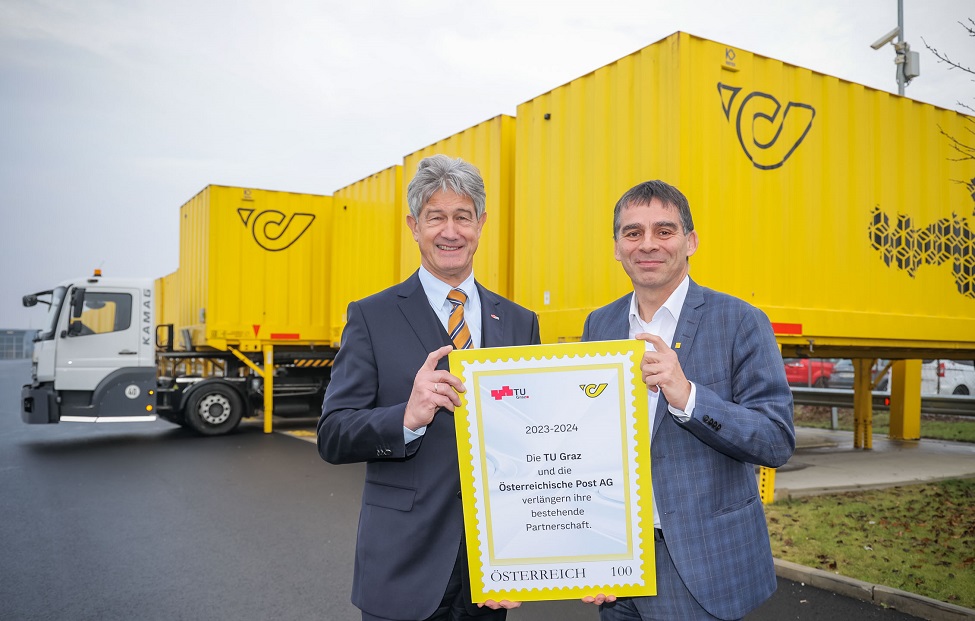
TU Graz and Austrian Post are renewing their successful cooperation. The Institute of Technical Logistics (ITL) at TU Graz will provide Austrian Post with scientific support in the field of logistics technology for another two years. Two concrete research projects are to be implemented in the near future: a computer simulation on the behaviour of Polybag packaging and autonomous trucks. “Austrian Post is already testing the logistics of tomorrow today! As the market leader, we not only aspire to always be the best, we also want to set the tone when it comes to innovations. TU Graz supports us in the implementation of groundbreaking projects, such as autonomous yard logistics in the parcel logistics centre in Kalsdorf,” says Peter Umundum, Director of the Management Board for Parcel & Logistics, Österreichische Post AG. “TU Graz is doing pioneering work in logistics technology and combines established topics of conveyor and storage technology with forward-looking questions and state-of-the-art engineering methods, such as digital planning and simulation. Research results must arrive in practice, which also requires problems directly from practice. We have a very good cooperation with Austrian Post, which brings a great deal to both sides,” emphasises Harald Kainz, Rector of TU Graz. “At TU Graz, with almost 2,000 scientific researchers, we have outstanding knowledge in almost all technical fields. At our Institute of Technical Logistics, mechanical engineering, mechatronics, IT and industrial engineering are bundled with our logistics system knowledge to form a basic and at the same time industry-related field of competence in technical logistics. Here, we are shifting the majority of the development and optimization of the systems to virtual models, which help us to become faster, safer and more varied in our engineering,” says Christian Landschützer, Professor at the Institute of Technical Logistics. ISAAK: SIMULATION OF POLYBAG PACKAGING ON THE COMPUTERAs part of the cooperation, TU Graz and Austrian Post, together with Körber Supply Chain Logistics, are conducting real basic research with the “ISAAK” project funded by the FFG Bride programme. The aim of the project is to develop a physical model with which the behaviour of so-called small consignments of the courier express parcel industry (CEP) in flexible packaging (e.g. polybags, kraft paper or kraft paper with bubble wrap) can be simulated on the computer. For logistics companies such as Austrian Post and sorting machine manufacturers, such shipments are a challenge due to their ductility, different sizes and different outer shells. This is where the “ISAAK” project comes in. Based on the physical model developed in this way, it should be possible to simulate how sorting machines must be designed or adapted in order to improve the reliable automatic sorting of such shipments. AUTONOMOUS TRUCKS PLANNED IN THE LOGISTICS CENTRE OF STYRIAA second project is dedicated to self-driving trucks, more precisely transfer vehicles of swap bodies (WABs). The autonomous vehicles will be able to independently pick up, transport and unload WAB containers on the premises of the parcel logistics centre in Kalsdorf (Styria). Austrian Post gained initial experience with autonomous yard logistics in 2019 with the Austrian Institute Of Technology (AIT) in Vienna-Inzersdorf.
For the test, a self-driving vehicle including a robot arm is to be purchased, and the area of the logistics center will be equipped with sensors. The implementation is planned in two phases: In the first step, a human driver will steer the vehicle to the WAB containers, only then will a computer take over the control. In the second step, the vehicle should already be completely autonomous, i.e. drive to the destination independently and transport the WAB container, including docking to a gate of the logistics centre.








